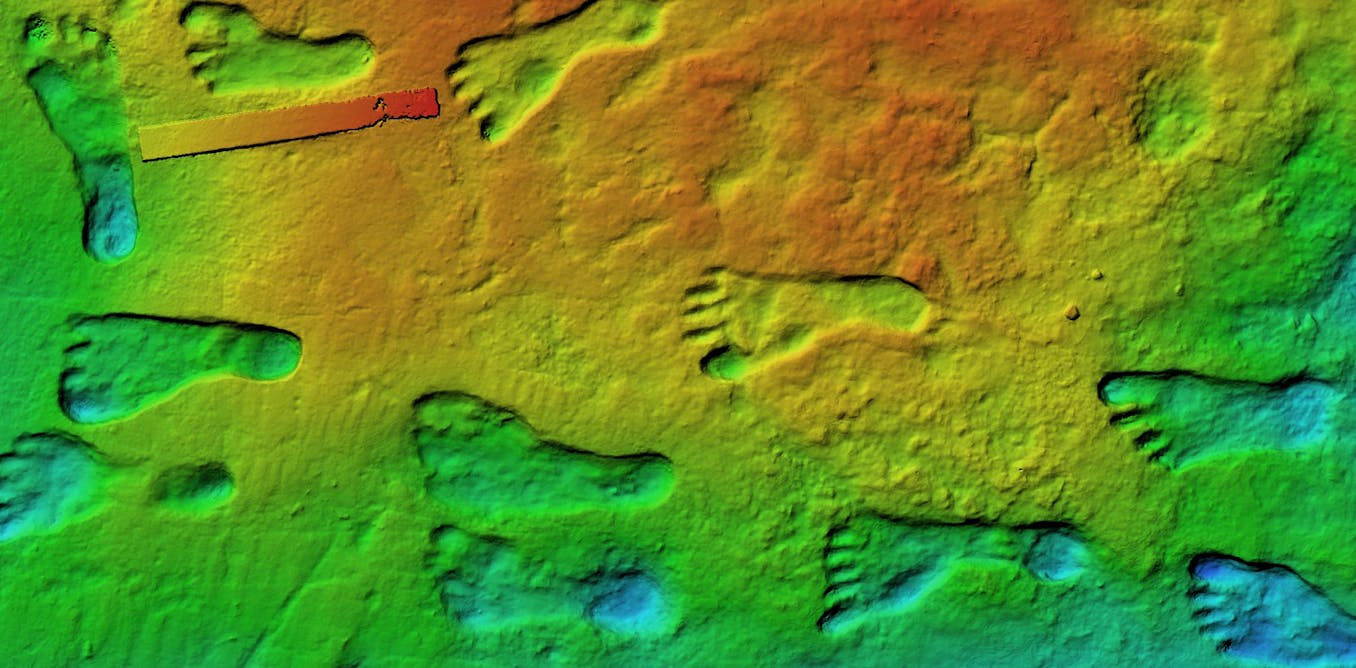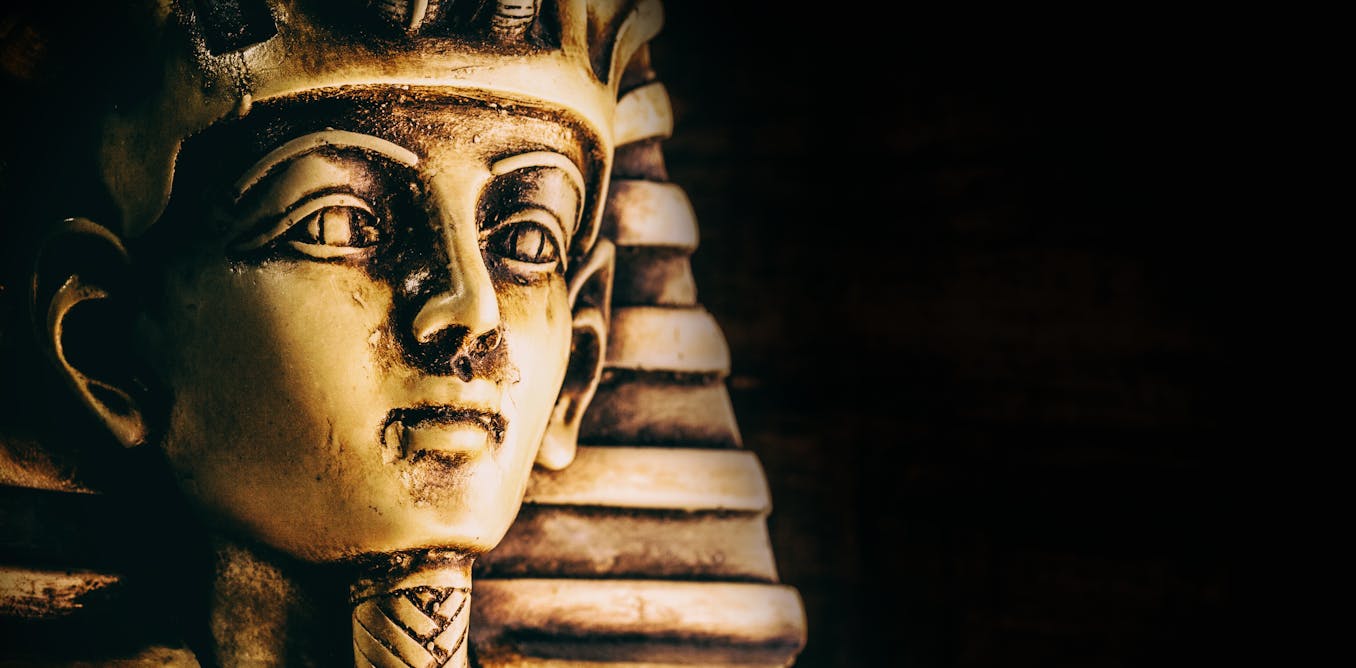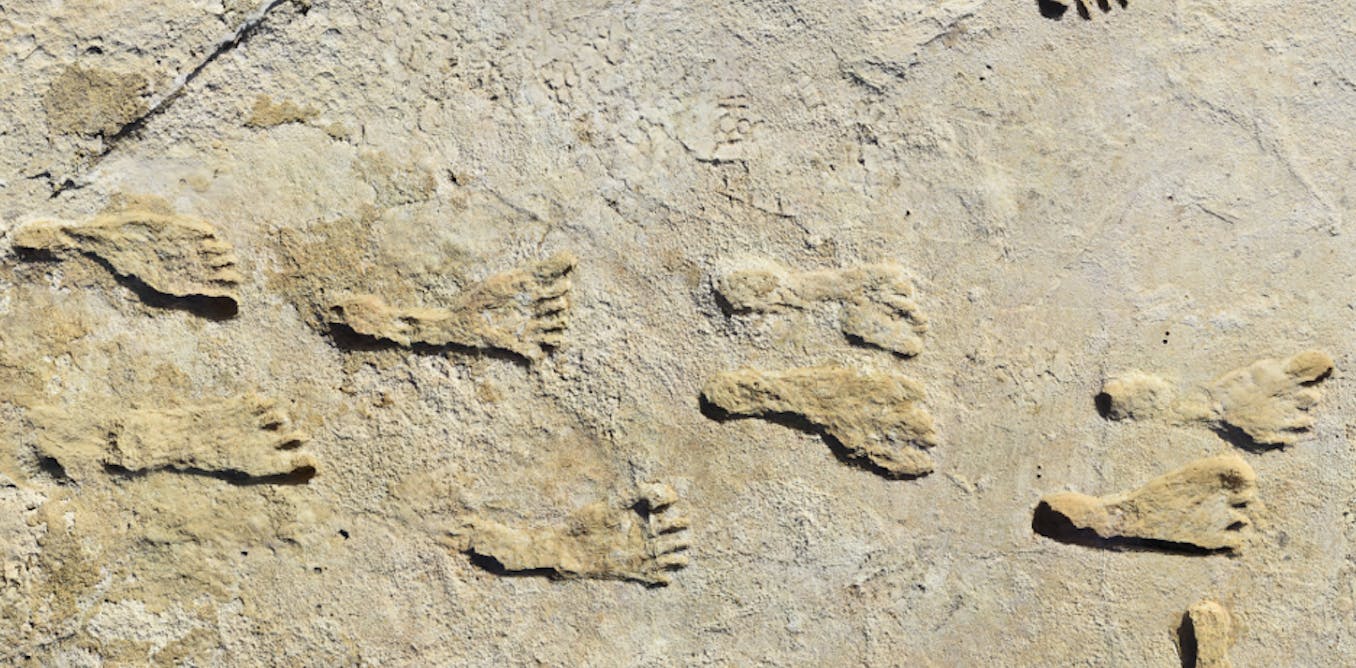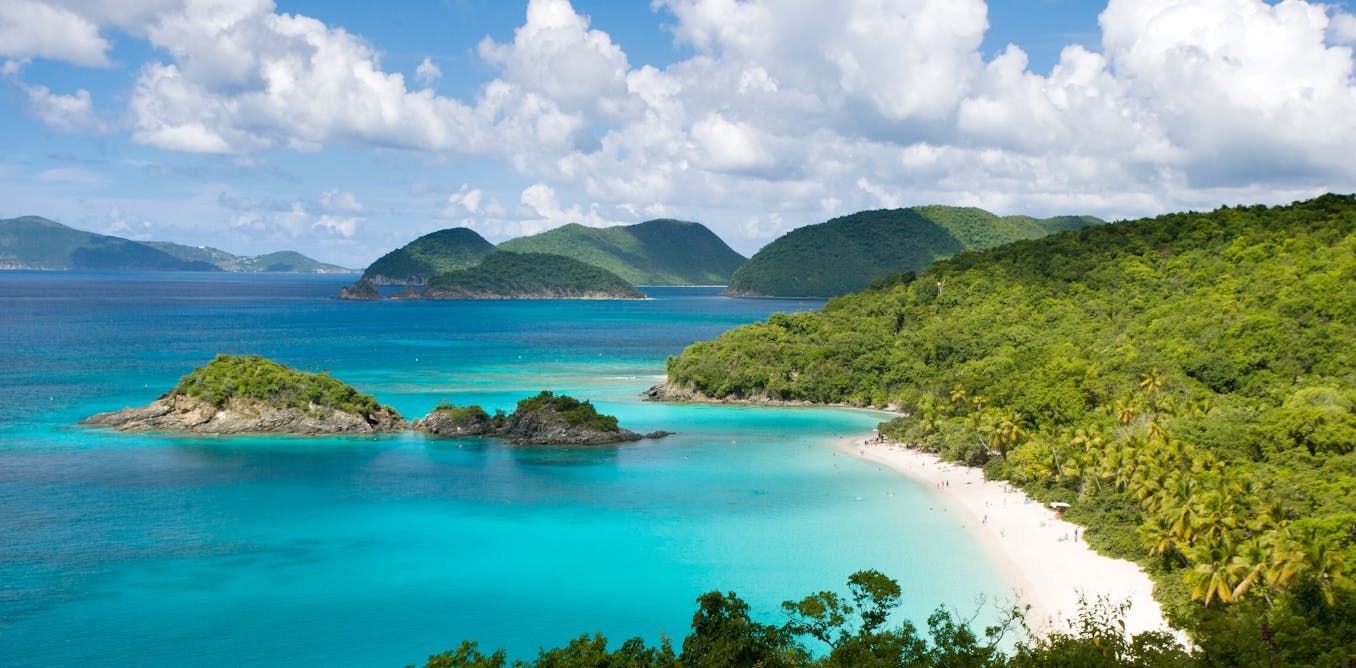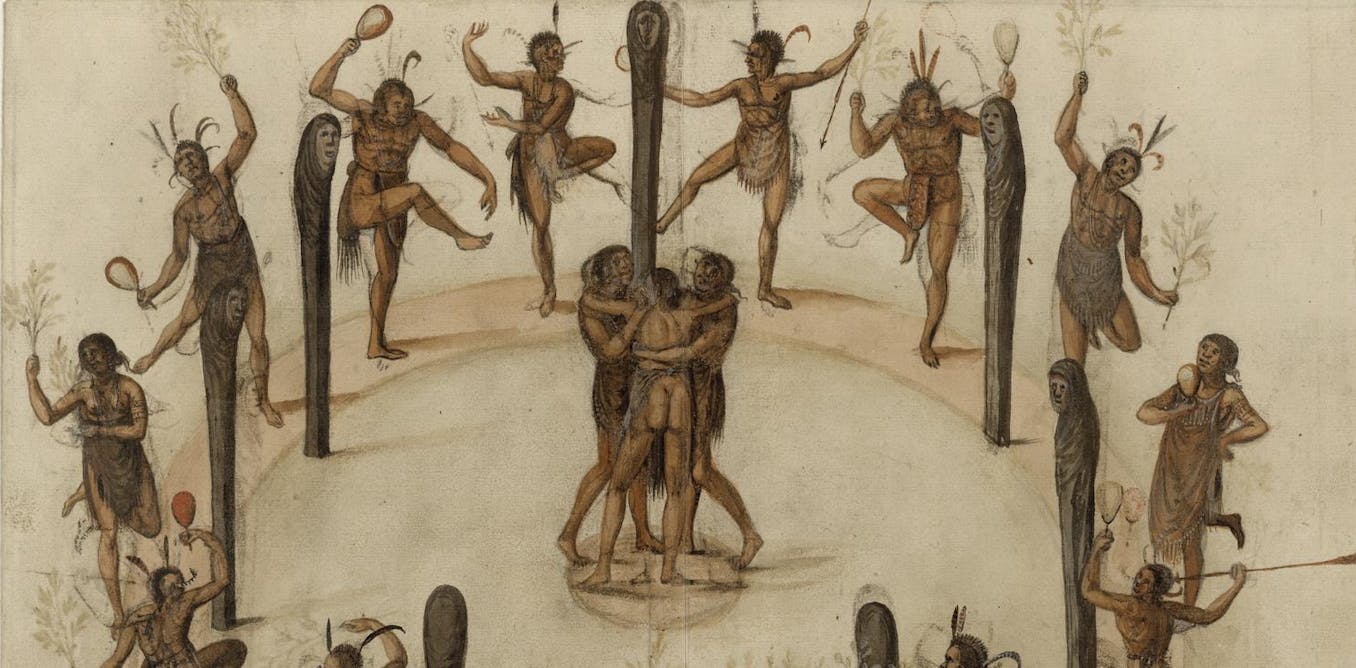Five discoveries that changed our understanding of how the ancient Egyptians created mummies
Several studies have upended what we thought we knew about mummification using scientific dating techniques to reveal some fascinating – and surprising – insights.
March 2, 2023 • ~7 min
Radiocarbon dating only works half the time – we may have found the solution
DNA dating could complement radiocarbon technology to help make archaeology more accurate.
Sept. 7, 2022 • ~8 min
Before chickens became food for people, they were regarded as special exotica
Why did the chicken cross the globe? A new study has revealed how chickens were domesticated.
June 22, 2022 • ~8 min
Fossil footprints prove humans populated the Americas thousands of years earlier than we thought
The New Mexico findings could rewrite the history of human migration to the Americas.
Sept. 23, 2021 • ~7 min
St James, 'brother' of Jesus: it turns out his ancient remains belong to someone else
The mix-up might be explained by the rush to remove sacred remains to Rome some 1,700 years ago.
March 5, 2021 • ~7 min
Saint James, 'brother' of Jesus: it turns out his ancient remains belong to someone else
The mix-up might be explained by the rush to remove sacred remains to Rome some 1,700 years ago.
March 5, 2021 • ~7 min
Archaeologists determined the step-by-step path taken by the first people to settle the Caribbean islands
Did people settle these islands by traveling north from South America, or in the other direction? Reanalyzing data from artifacts discovered decades ago provides a definitive answer.
Sept. 29, 2020 • ~10 min
Archaeologists have a lot of dates wrong for North American indigenous history – but we're using new techniques to get it right
Modern dating techniques are providing new time frames for indigenous settlements in Northeast North America, free from the Eurocentric bias that previously led to incorrect assumptions.
April 29, 2020 • ~9 min
/
1

